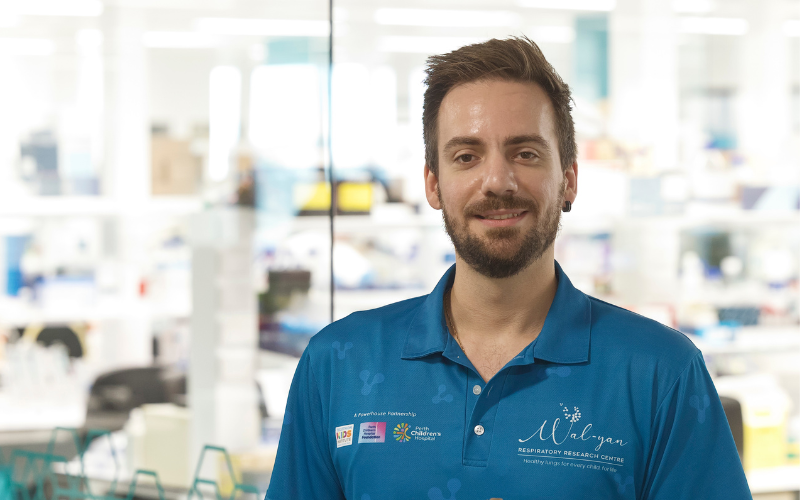Search
Showing results for "early life"
Research
In vitro antibacterial activity of Western Australian honeys, and manuka honey, against bacteria implicated in impetigoImpetigo is a contagious skin disease caused by Staphylococcus aureus and Streptococcus pyogenes. Without treatment, impetigo may be recurrent, develop into severe disease, or have serious, life-threatening sequelae. Standard treatment consists of topical or systemic antibiotic therapy (depending on severity), however, due to antibiotic resistance some therapies are increasingly ineffective.
Research
Bullying and psychosocial adjustment among children with and without asthmaChildren with asthma face serious mental health risk, but the pathways remain unclear. This study aimed to examine bullying victimisation and perpetration in children with asthma and a comparison sample without a chronic health condition, and the role of bullying in moderating psychosocial adjustment outcomes for those with asthma. A sample of children with and without asthma, and their parents, were recruited from hospital clinics.
Research
ASCOT ADAPT study of COVID-19 therapeutics in hospitalised patients: an international multicentre adaptive platform trialSARS-CoV-2 infection is associated with a significant risk of hospitalisation, death, and prolonged impact on quality of life. Evaluation of new treatment options and optimising therapeutic management of people hospitalised with SARS-CoV-2 infection remains essential, but rapid changes in pandemic conditions and potential therapies have limited the utility of traditional approaches to randomised controlled trials.
Research
Medulloblastoma therapy generates risk of a poorly-prognostic H3 wild-type subgroup of diffuse intrinsic pontine glioma: a report from the International DIPG RegistryThese findings provide a compelling argument for efforts to reduce exposure of the brainstem in the treatment of medulloblastoma
Research
Patterns of sedentary time and ambulatory physical activity in a Danish population of girls and women with Rett syndromeWe aimed to: (1) describe the patterns of sedentary time and daily steps and (2) identify the association of individual and environmental characteristitics.
Research
Longitudinal study of language and speech of twins at 4 and 6 years: Twinning effects decrease, zygosity effects disappear, and heritability increasesThis study investigates the heritability of language, speech, and nonverbal cognitive development of twins at 4 and 6 years of age.
Research
Use of bevacizumab as a single agent or in adjunct with traditional chemotherapy regimens in children with unresectable or progressive low-grade gliomaBevacizumab is well tolerated and appears most effective for rapid tumor control to preserve vision and improve morbidity
Research
Diffuse Intrinsic Pontine GliomaThis chapter summarizes recent advances in diffuse intrinsic pontine glioma and potential novel therapies

News & Events
WA Government to support research providing early and equitable access to the best diabetes technology for all children newly diagnosed with type 1 diabetesResearchers from the Rio Tinto Children’s Diabetes Centre, a JDRF Global Centre of Excellence, have been awarded funding through the WA Child Research Fund (WACRF) to undertake research that aims to remove barriers and provide access to the most effective diabetes technologies for all children newly

News & Events
The Wal-yan Respiratory Research Centre turns three!As the Wal-yan Respiratory Research Centre turns three, we celebrate our achievements, and say thank you to our amazing community.
